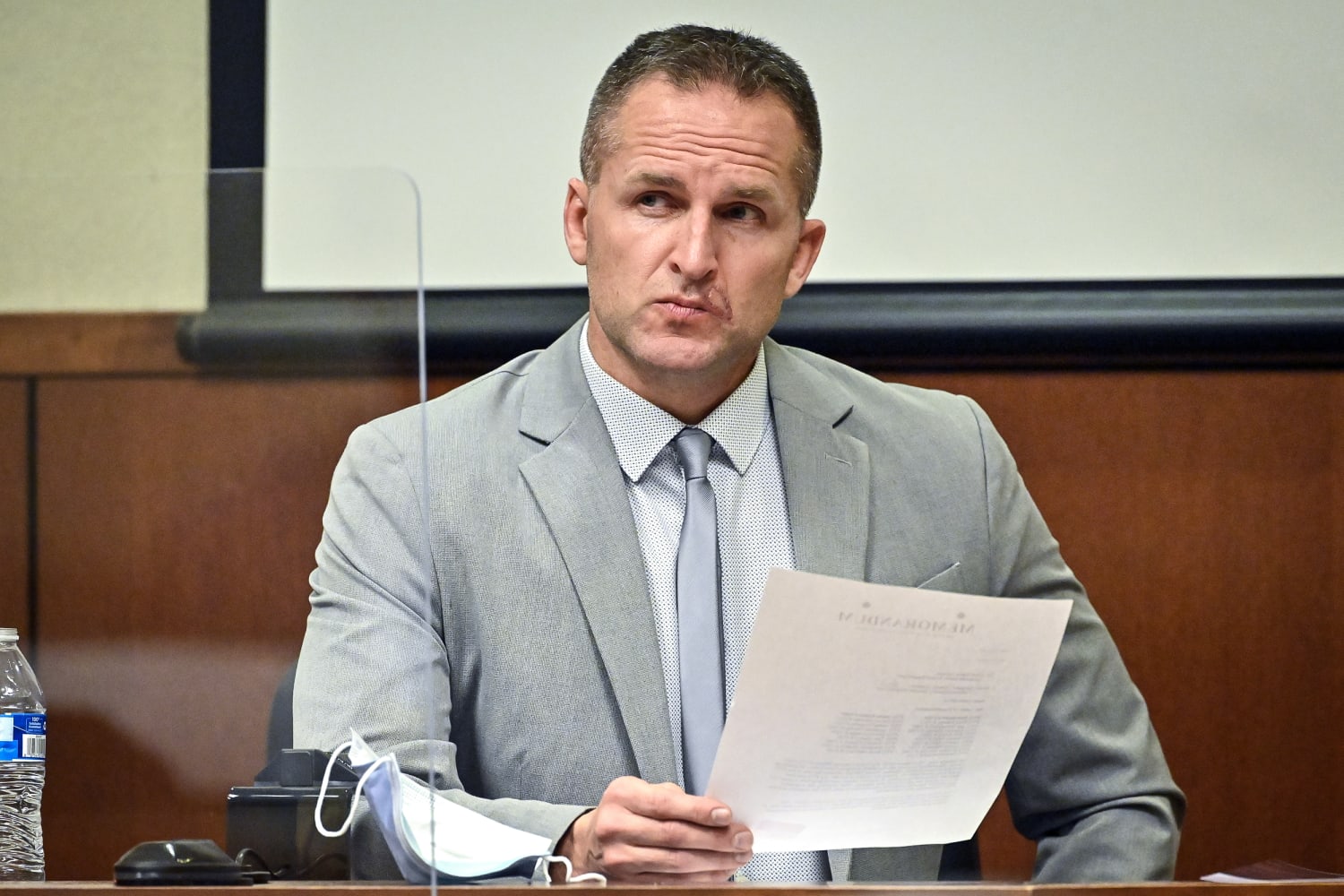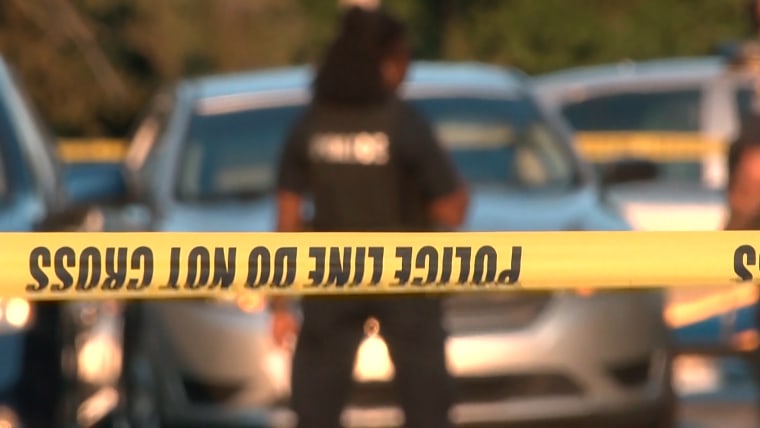Last week, a jury acquitted the one and only person charged in relation to the catastrophic raid that resulted in the death of Louisville, Kentucky, resident Breonna Taylor in 2020.
The former police officer, Brett Hankison, had been charged with three counts of wanton endangerment for firing 10 shots through a window and sliding glass door into Taylor’s apartment during the surprise middle-of-the-night raid. Three of Hankison’s bullets traveled through the apartment and into the unit next door, where a family slept.
Although the city of Louisville has paid Taylor’s family $12 million to settle a wrongful-death lawsuit, no other officers were charged in her death.
The attorney representing Taylor’s boyfriend said police failed to properly announce themselves during the “no-knock” raid, prompting him to fire on police in self-defense. That’s when police fired back.
The city of Louisville has agreed to pay Taylor’s family $12 million to settle a wrongful death lawsuit. Hankison was let go after an internal police investigation found his actions created “substantial danger of death and serious injury” to Taylor and her neighbors. But ultimately, no one has been held accountable.
More broadly, the recklessness of police is well documented. A few day before Christmas 2021, a police officer fatally shot 14-year-old Valentina Orellana-Peralta in a clothing store. The officer had fired at a suspect armed with a bike lock; a round went through the wall of a dressing room, killing Valentina. In a notorious incident in 2012, nine pedestrians were injured after police open-fired on an armed suspect on the sidewalk outside the Empire State Building during a Friday morning rush hour. All nine were found to have been injured by the police.
It’s not just civilians who are at risk: Police are killed in friendly fire incidents, too. In 2019, two New York police officers were killed in separate friendly fire incidents. In February, the father of one of those officers filed a wrongful death lawsuit against the city and five police officers, accusing them of recklessness. Sometimes the person being chased, regardless of the suspected crime, is charged with the murder of an officer if that officer is killed by a fellow officer during the pursuit.
According to The Washington Post, at least 1,017 people have been shot and killed by police in the last year in the United States.
The late 19th- and early 20th-century sociologist Max Weber famously noted that governments hold the monopoly on legitimate violence. He meant that the government, with the permission of its citizens, can and does use force when it deems that force necessary in the name of the collective good. But in the United States, this adage is only the beginning of the story. Throughout history, police and government agents have worked alongside racist mobs, vigilantes and even the Ku Klux Klan to enforce both real and imagined rules about how society ought to function. Even in its most optimistic and philosophical form, Weber’s conception of government does not — and should not — mean all violence the state enacts is legitimate.
Police wrap themselves in this legitimacy whenever they leave the station wearing their badges — including when they’re off-duty. And the law affirms this. The Supreme Court has issued multiple landmark rulings in the last few decades protecting police, in essence reasserting the constant legitimacy of police violence. An ordinary person can use force illegitimately, but in the eyes of the courts, police acting as an embodiment of the law are almost always justified. According to theorist Judith Butler, police are “petty sovereigns,” hoping to be perceived as physical manifestations of the nation itself.
Police feel comfortable overusing guns for many reasons, including the legal protections they enjoy, officers’ oft-discussed “warrior mentality” and the fact that from the first day of training there is an overemphasis on danger. But just as importantly, many, if not all, police feel morally justified in their use of force. Police have become so synonymous with the law itself — and their narratives so trusted by judges and the media — that if they decide to fire their weapons, it must have been for the greater good.
In 1977, President Richard Nixon told British journalist David Frost that the president can take illegal action if they feel it’s in the best interest of the nation. “Well, when the president does it … that means that it is not illegal,” he said. The same sentiment remains far too pervasive among our nation’s lawmakers and law enforcers.
What happened to Breonna Taylor, what could have happened to her neighbors and what did happen to Valentina Orellana-Peralta are all symptoms of a common set of problems: the centurieslong criminalization of people of color, the over-reliance on policing and the ability of the police to create a legally, economically and culturally insulated sphere. Police have ceased to be understood as people with biases; instead, they are understood as representations of the law.
When asked if he had done anything wrong on March 13, 2020, former Officer Brett Hankison did not hesitate. “Absolutely not,” he told the courtroom. As a person, you might be concerned about shooting bullets through a glass door. But as an embodiment of justice? Maybe not.
Source: | This article originally belongs to Nbcnews.com










